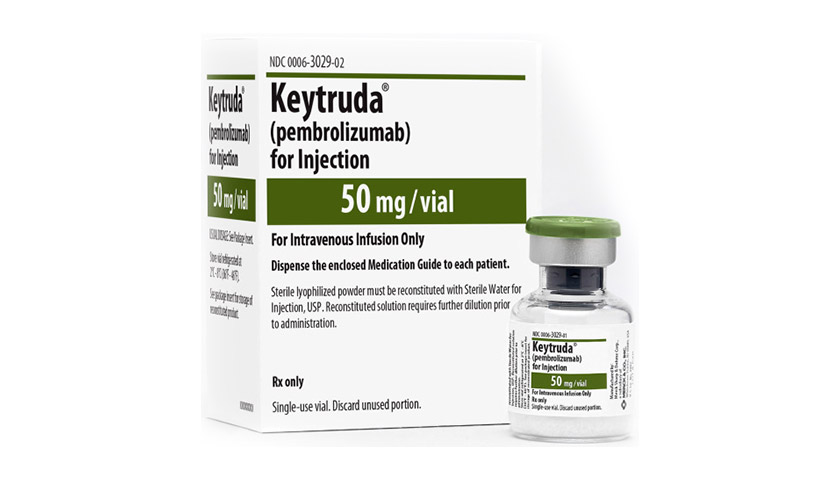NICE changes stance on Keytruda for first-line head and neck cancer

As recently as June, NICE was minded not to back routine NHS of MSD’s Keytruda as a first-line treatment for advanced head and neck cancer, but it has had a partial change of heart on the drug after the company submitted new data.
Just-published draft final guidance from the cost-effectiveness agency gives a green light for NHS use of Keytruda (pembrolizumab) as a monotherapy for adults with untreated metastatic or unresectable recurrent head and neck squamous cell carcinoma (HNSCC) whose tumours express the biomarker PD-L1.
The decision makes Keytruda the first checkpoint inhibitor to be recommended for this use by NICE, according to MSD, which is known as Merck & Co in North America.
NICE hasn’t backed use of the checkpoint inhibitor in combination with chemotherapy however, a decision that the Institute of Cancer Research (ICR) says is disappointing as its experts think there are patients who would benefit more from the combination rather than Keytruda on its own.
The verdict is also at odds with that of the Scottish Medicines Consortium (SMC), which backed both monotherapy and combination use of Keytruda in this setting last month.
ICR would like to see the Keytruda combination available via the Cancer Drugs Fund (CDF), which covers the cost of cancer drugs until confirmatory data is available, for a period of two years in order to allow new evidence to be collected.
NICE however says that while it can support use of Keytruda on its own as the drug is more effective than standard treatments, the cost of using it in combination with platinum chemotherapy and 5-FU “are higher than NICE normally considers an acceptable use of NHS resources".
ICR’s position is that the decision highlights a major problem with cancer immunotherapies, namely a lack of good tests to determine who will benefit from them.
In this case, biomarker tests like PD-L1 alone “fail to give clinicians a clear-cut indication of who will benefit from immunotherapy – and, critically, who requires pembrolizumab alone and who needs the combination of pembrolizumab and chemotherapy,” it points out.
PD-L1 testing is a “good starting point”, according to ICR’s experts, but “does not allow for the more nuanced approach that is permitted in Scotland and in much of the rest of the world".
“The partial approval leaves patients in England behind much of the world when it comes to accessing this game-changing treatment,” commented Prof Kevin Harrington of The Royal Marsden, who led the UK arm of the KEYNOTE-048 trial that supported approval of Keytruda in first-line HNSCC.
“The evidence for the benefit of pembrolizumab in combination with chemotherapy in recurrent head and neck cancer is clear – and I would urge NICE and the manufacturer to work together to find a way for patients to access the range of treatment options they deserve,” he added.












